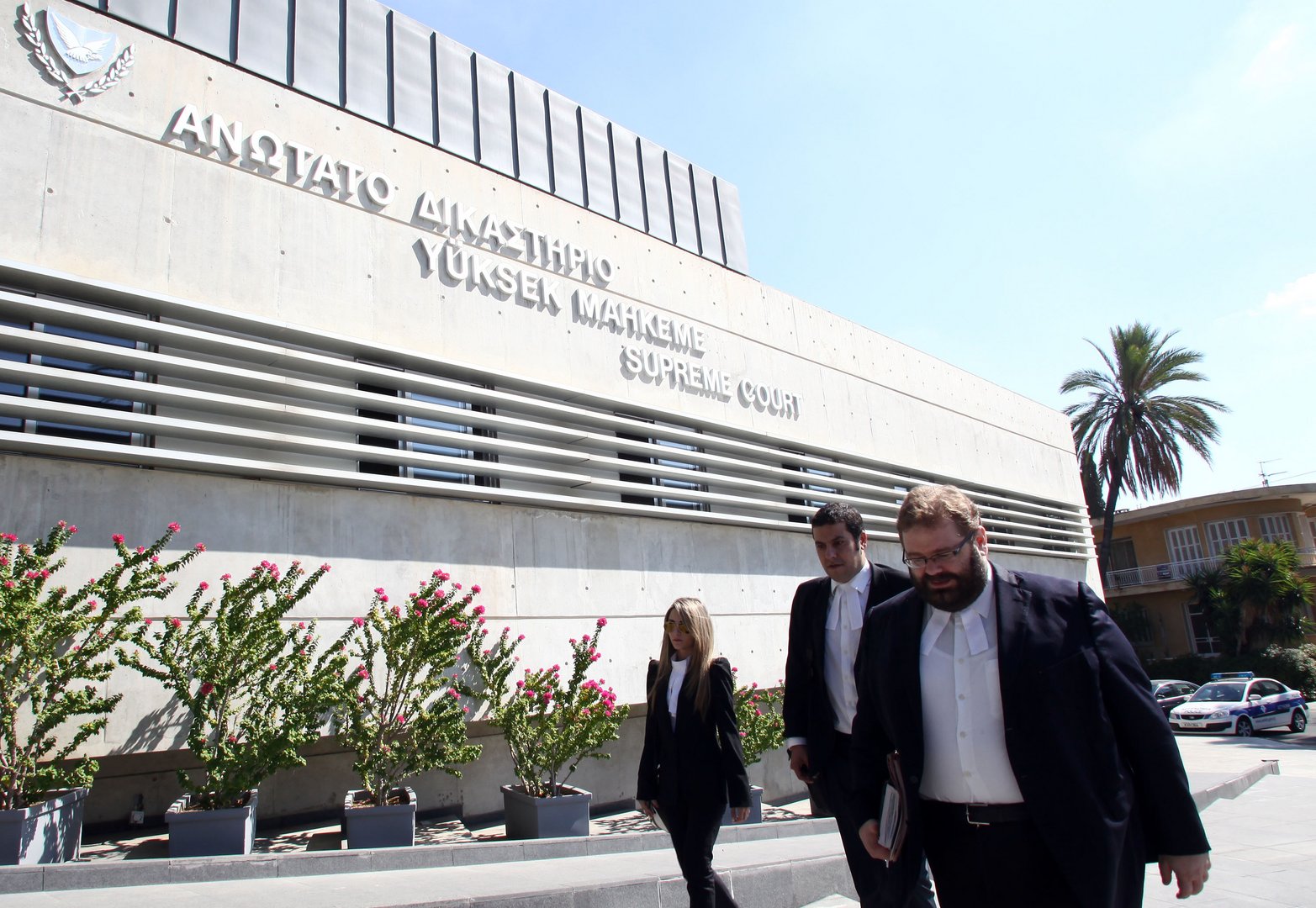The Supreme Constitutional Court has upheld a law passed by parliament earlier this year – and which the president vetoed – that mandates structural integrity checks on Turkish Cypriot properties before they are leased to eligible Greek Cypriots.
Back in March, the House of Representatives passed the law that required the Custodian of Turkish Cypriot Properties – the interior ministry – to see to it that Turkish Cypriot properties are certified for structural integrity before being leased to eligible persons.
These properties include residential units or business premises.
The issue emerged after it became apparent the Custodian had been leasing out Turkish Cypriot properties in an advanced state of disrepair.
The March law was not retroactive – it would apply only to properties leased to Greek Cypriot refugees from now on.
MPs had argued that the state has both a legal and moral obligation to deliver residences that are safe and properly upkept, so that refugees do not live in fear and have to beg authorities for piecemeal maintenance works.
But President Nikos Christodoulides subsequently sent the law back, informing parliament he would not sign it as it was unconstitutional.
The president argued at the time that the structural integrity checks would increase the state budget. Under the constitution, the legislature on its own may pass no law or regulation that raises government expenditures. He also said that only the executive branch of government has the authority to amend the way the Custodian operates.
Parliament then rejected the president’s veto, and the dispute ended up in court.
In its ruling on the matter earlier this week, the Supreme Constitutional Court said the law would neither increase the state budget nor does it violate the principle of separation of powers, as argued by the state.
As such, the law passed in March will now take immediate effect.







Click here to change your cookie preferences